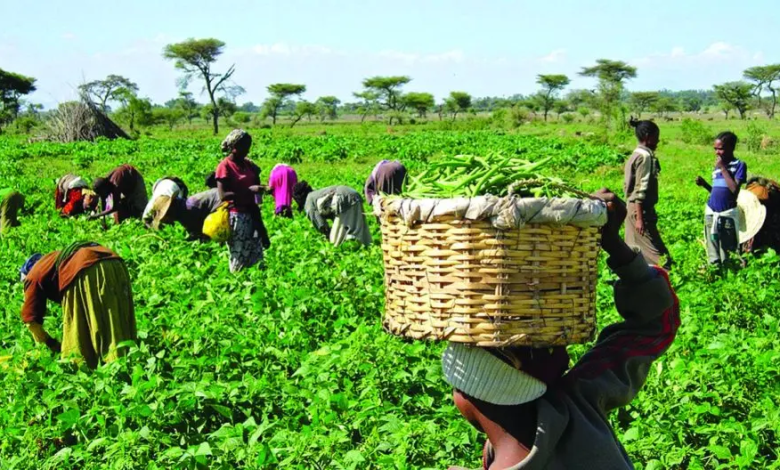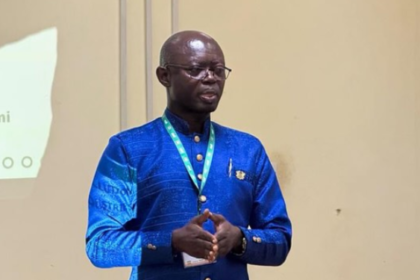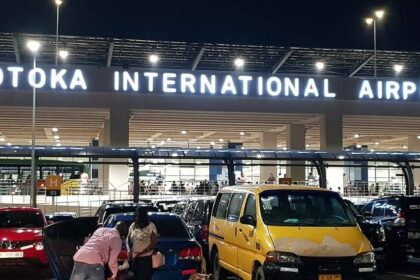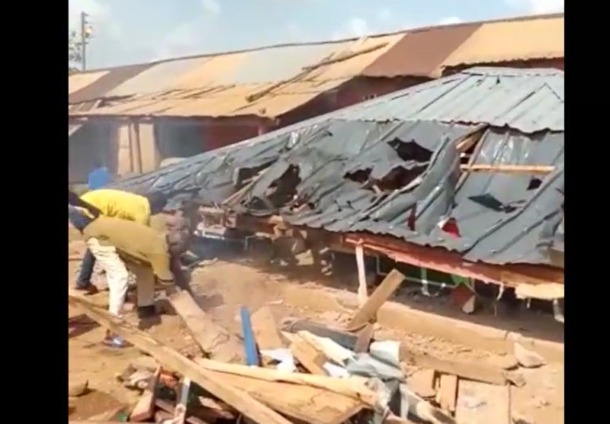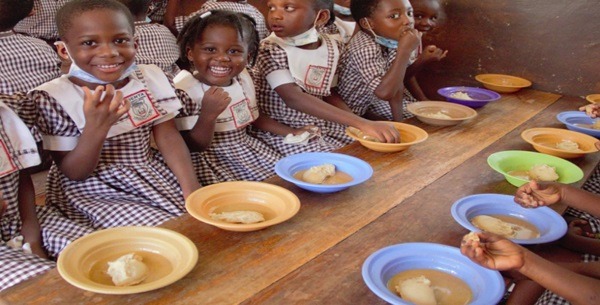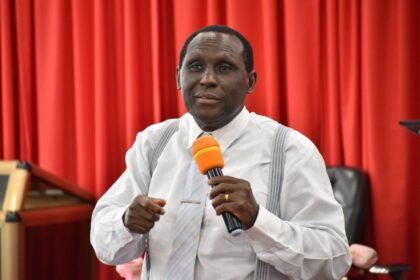Deputy Minister for Food and Agriculture, John Dumelo, has reassured Ghanaians that farm produce from areas affected by illegal mining, known as galamsey, are safe for consumption. However, he emphasized the need for thorough research to determine the extent of contamination before any conclusive statements can be made.¹ ²
Speaking at the launch of FarmSense at the Kwame Nkrumah University of Science and Technology (KNUST), Dumelo noted that his ministry is working to combat the issue, but the lead role lies with the Ministry of Lands and Natural Resources and the anti-galamsey taskforce. “Until we conduct research to ascertain that half of the foods coming from this area and heading to Madina, Dome, Agbogbloshie are laced with harmful chemicals, then we can make certain conclusions,” he stated.³
The Galamsey Threat
Galamsey has become a significant concern in Ghana, with reports indicating high levels of heavy metals such as arsenic, mercury, and lead in soils and water bodies near mining areas. The European Union has warned that if mercury contamination continues to affect crops, Ghana’s agricultural exports could face serious implications, including export restrictions.⁴
Research and Action
Dumelo emphasized the importance of investigating food safety in affected areas to inform consumers about potentially contaminated crops. He praised the anti-galamsey taskforce for their efforts in fighting illegal mining and protecting water bodies and forest covers. The Ministry of Lands and Natural Resources is leading the charge against galamsey, with the EU offering support in technology, regulations, and other forms of assistance.
EU’s Stance
The European Union has expressed deep concern about the environmental and health risks posed by galamsey. EU Ambassador to Ghana, Rune Skinnebach, stated that the EU is willing to help Ghana address the issue but stressed the need for a political solution and coordinated national action. “We are willing to help, but the first step must be a political solution. Once that’s in place, we can assist with technology, regulations, and other forms of support,” he said.
Conclusion
While there are concerns about the impact of galamsey on Ghana’s agricultural sector, Deputy Minister Dumelo’s assurance aims to alleviate fears about the safety of farm produce. However, the situation requires continued monitoring and research to ensure the public’s health and safety. The government’s efforts, coupled with support from international partners like the EU, are crucial in addressing the galamsey menace and protecting Ghana’s agricultural industry.




